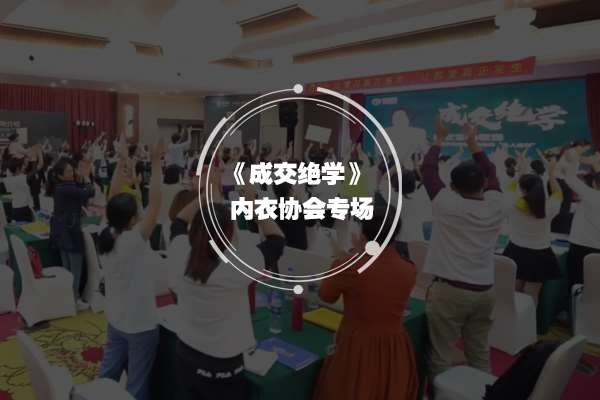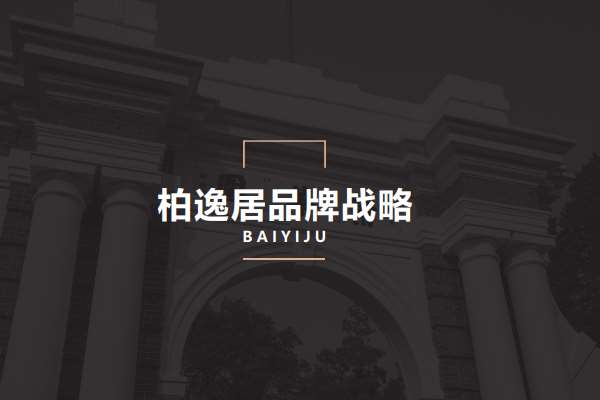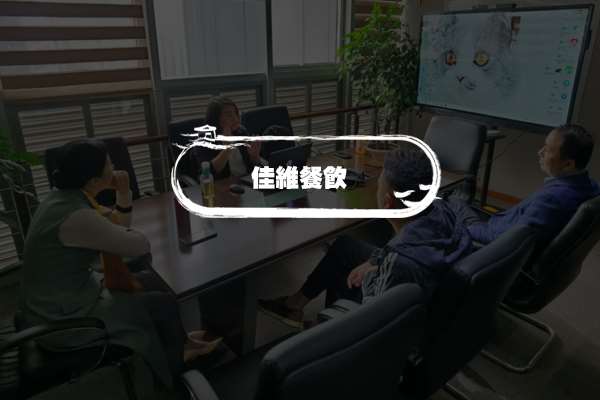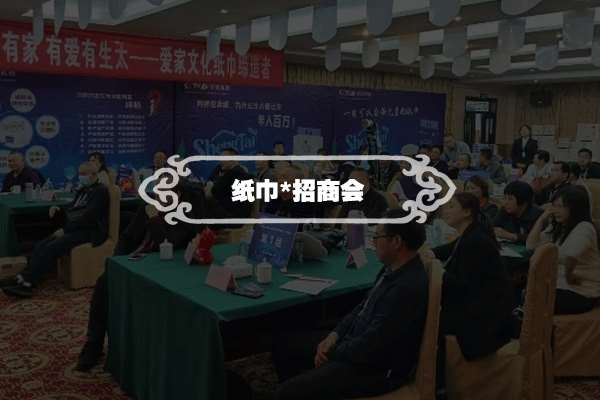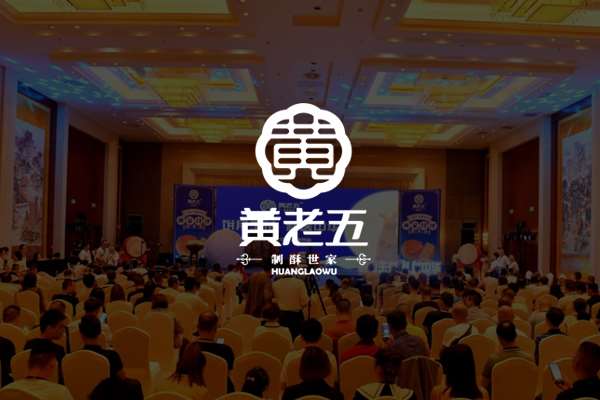Title: The Evolving Business Model in the Decor Industry
Introduction:
The decor industry has always had a close connection with aesthetics and design trends. Over the years, it has witnessed significant transformations in its business model to adapt to the changing market demands. This article explores the final business model that has emerged in the decor industry and its implications.
The Emergence of E-commerce:
E-commerce has revolutionized the decor industry, providing customers with the convenience of shopping from the comfort of their own homes. Online platforms have emerged as a crucial avenue for retailers and manufacturers to showcase their products, catering to a global customer base and avoiding the limitations of physical stores. This direct-to-consumer model results in cost savings, increased reach, and enhanced customer satisfaction.
Personalization and Customization:
In the final business model of the decor industry, personalization and customization play a pivotal role. Customers now have the opportunity to customize their furniture, home decor items, and even interior design services. This dynamic shift empowers consumers to create unique and personalized spaces that reflect their individual taste and preferences. Companies that successfully embrace this trend can gain a competitive edge by accommodating the diverse needs of their customers.
Sustainability and Eco-Friendliness:

With increased awareness about the environmental impact of consumer choices, sustainability has become a key element in the final business model of the decor industry. Manufacturers are focusing on eco-friendly materials, utilizing renewable resources, and adopting sustainable production practices. Customers are increasingly seeking out products that have minimal environmental footprints. Embracing sustainable practices not only benefits the planet but also enhances the reputation and marketability of companies within the decor industry.
Collaborative Partnerships:
Another noteworthy aspect of the decor industry's final business model is the importance of collaborative partnerships. Businesses are no longer limited to operating as independent entities; instead, they are forging alliances with manufacturers, designers, influencers, and even customers. These partnerships allow companies to tap into different expertise, explore unique opportunities, and build a community of loyal customers. Collaborations facilitate innovation, foster creativity, and help businesses cater to the ever-evolving demands of the market.
Augmented Reality and Virtual Reality:
Technological advancements have significantly influenced the final business model of the decor industry. Augmented reality (AR) and virtual reality (VR) technologies are increasingly being utilized to enhance the consumer experience. Customers can now visualize furniture and decor items in their own homes before making a purchase, reducing the risk of dissatisfaction and returns. AR and VR also offer interior designers the ability to create virtual design presentations, saving time and effort during the decision-making process.
Conclusion:
The final business model of the decor industry is characterized by e-commerce platforms, personalization, sustainability, collaborative partnerships, and the integration of AR and VR technologies. As the industry continues to evolve, companies that embrace innovation, adapt to changing consumer preferences, and foster sustainable practices will thrive. By understanding and implementing these key elements, the decor industry has the potential to redefine the way we decorate our homes and create spaces that are both aesthetically pleasing and environmentally responsible.




